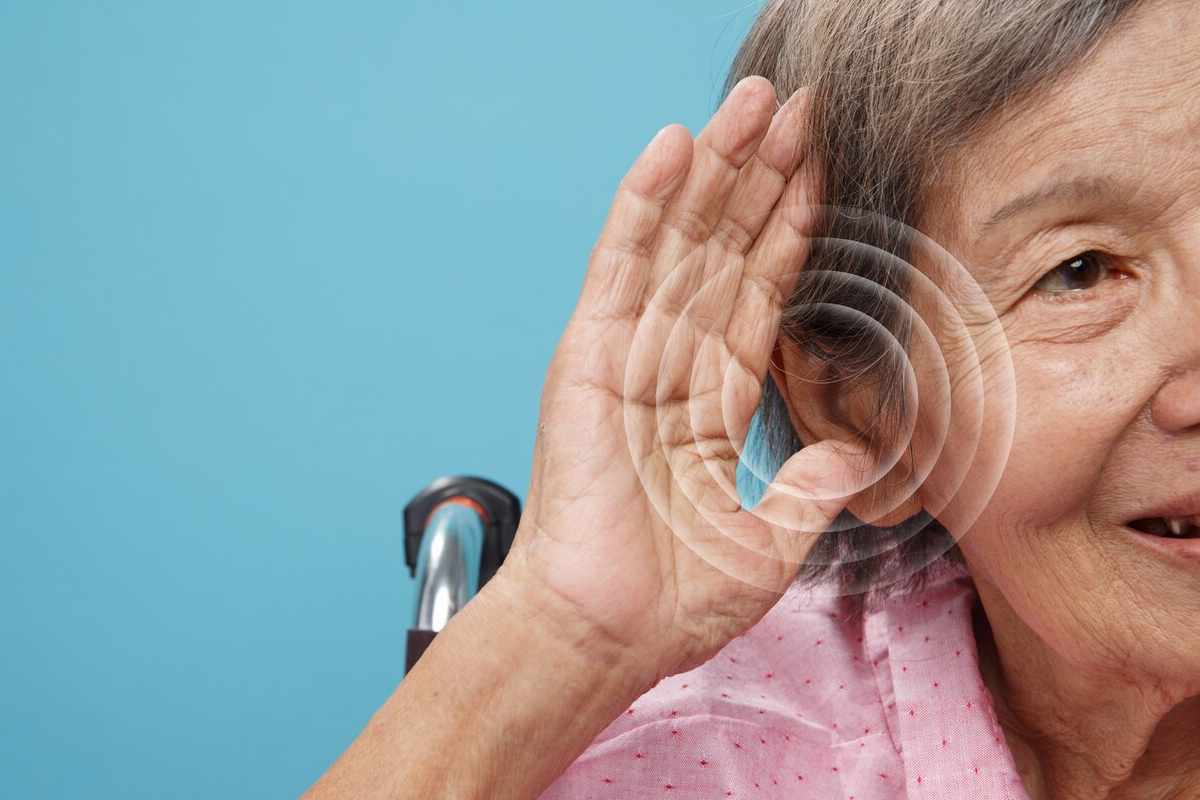How to prevent hearing loss- Hearing loss happens for various reasons and can vary in severity. Some people have hearing loss from birth, while others may experience it later in life. For example, you might have hearing loss due to ageing, improper headphones, or exposure to loud noises through recreation or occupation.
There are two main categories of hearing loss: sensorineural and conductive. The first type, sensorineural, happens when the inner ear or auditory nerve becomes damaged. The damage is usually irreversible. Conductive hearing loss, on the other hand, is often reversible.
Table of Contents
Signs of Hearing Loss Include:
- Not understanding people over the phone
- Difficulty following conversations
- Listening to the TV or radio at a very high volume
- Frequently needing people to repeat themselves
- Trouble hearing because of background noise
- Difficulty hearing certain types of voices, like high-pitched ones1
- This article will cover how you can prevent certain types of hearing loss.
Age and Hearing Loss
- Age-related hearing loss affects almost all of us as we age. However, good acoustics can promote hearing and the ability to function and well-being.
- A calm acoustic environment benefits all of us, regardless of our hearing loss, but it is essential for those with hearing impairments. The most common cause of hearing impairment is age-related hearing loss; poor or impaired hearing affects around a third of those aged 65 and two-thirds of those aged 75.
- In practice, age-related hearing loss is irreversible damage that gradually progresses as we age. However, it can restrict the ability to function from a minor to a significant extent at varying levels.
- Many people experience hearing loss as they get older. This hearing loss, also known as presbycusis, usually happens in both ears and can run in families. However, it also typically occurs gradually.
- Don’t assume that age is the reason for your hearing loss, though. Underlying more common conditions in older adults may also lead to hearing loss. A stroke, for example, can cause hearing loss. Some medications can also contribute to loss of hearing.1
- Always talk to a doctor if you notice a change in your hearing ability
Noise and Hearing Loss
Noise exposure is the most common cause of hearing loss. Modern life involves a lot of loud noises that can affect your hearing ability. Unlike age-related hearing loss, there are ways to prevent noise-related hearing loss. Most sounds we experience in our daily environment include sounds from the radio and tv, traffic, household appliances etc.
These sounds are at safe levels and don’t damage our hearing. The most regular feature of our life is the means of communication. A typical sound is enjoyable, but a loud sound is unpleasant. The loud noise heard for a long time damages the inner ear’s sensitive structure, causing ear damage resulting in Noise-Induced Hearing Loss.
Avoid Loud Noises
Staying away from loud noises is the best way to avoid noise-induced hearing loss. If you need to be around loud noises for your job, try taking frequent breaks from noise exposure. Wear hearing protection devices such as earplugs or noise-reducing earmuffs.
If you’re concerned about noise levels at your workplace, consider talking to your supervisor. Concert goers who don’t want to sacrifice their favorite leisure activity can try positioning themselves far away from speakers. At home, keeping the device volume low and turning on closed-captioning can help keep noise at safe levels.
Wear Hearing Protection
Not everyone can avoid exposure to loud noises. However, wearing proper ear protection can help prevent damage that leads to hearing loss.
Whether you’re a touring musician or working around loud equipment, wearing earplugs or muffs can help dampen sound and protect your ears. In addition, if you engage in hunting or shooting sports, always wear hearing protection when discharging a firearm or you are near others doing so.
Take Care When Wearing Headphones
Ideally, it would help if you didn’t blast music in your headphones. However, you might also consider taking listening breaks every hour or so. This goes for all types of loud noise since loud sounds cause increasing damage over time:
- Above 100 decibels: 15 minutes or less.
- Above 110 decibels: One minute or less.
You can prevent noise-induced hearing loss, but loud noises aren’t always avoidable. They can happen suddenly even when you’re being very careful. So if you suspect you have some amount of hearing loss, don’t assume it’s noise-induced. Instead, get a hearing test and see a hearing professional. They can rule out any possible underlying conditions causing your hearing loss and recommend solutions to help restore your hearing or manage your current level of hearing loss.
Conclusion
Hearing loss can happen at any age and for many reasons. While age-related hearing loss isn’t usually preventable, you can take steps to prevent noise-induced hearing loss.
You can avoid noise-related hearing loss by getting your hearing regularly tested, avoiding loud ear-damaging, wearing ear protection around loud noises, practicing safe headphones, quitting smoking, and stopping medications that cause hearing loss.

